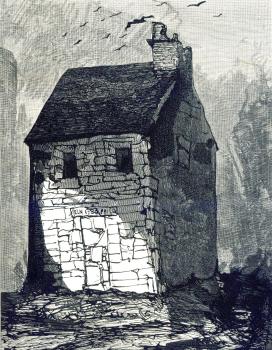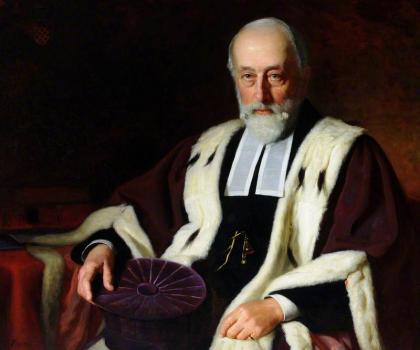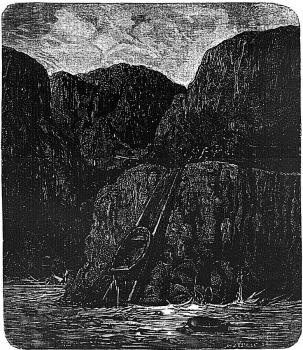Victor Hugo and Guernsey: Les Caves de Bordeaux
17th October 2017
From Guernsey Life, June 1967, in the Library. 'Looking at Life,' by Michael Geraghty, concerning amongst other things an application for the transfer of a licence to run this well-known wine-bar and public house. The advertisment is from a 1934 tourist brochure in the Library collection.




